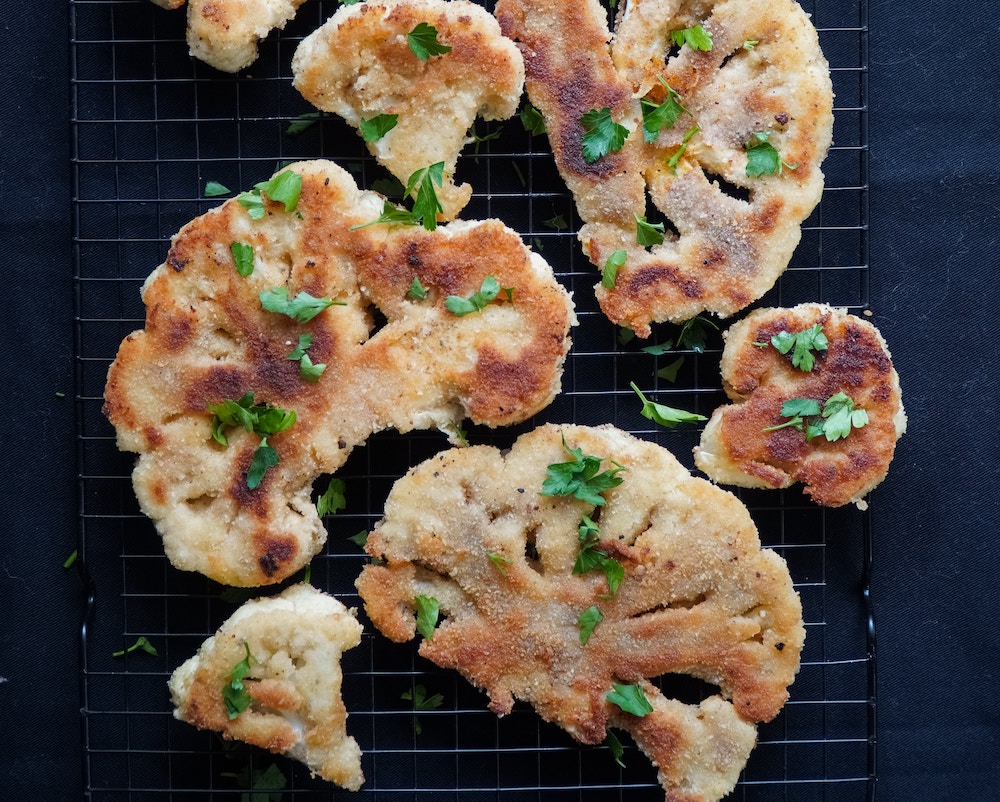If there is one constant in our lives, it’s food. It’s an important component of our day, fueling and nourishing our bodies. It’s often a centerpiece of social gatherings, a comforter, or even a source of frustration. However, have you ever stopped and thought about why you feel a certain way about food or what you’re putting in your body? Unknowingly, many of us struggle with a mind-body connection that often affects the relationship we have with food. The disconnect with food could be as small as eating too fast or as big as eating foods that are harmful to your system. The struggle is real for many, but it doesn’t have to be. The key to establishing a healthy relationship with food and feeling your best self is through mindful eating.

The act of eating mindfully requires full awareness: awareness of what your body needs and deserves, what you’re putting into your body, and how it makes you feel. The idea of eating mindfully is a principle that has been around for a while, tracing back thousands of years to Buddhism. The main idea of the Buddhist diet is connecting the mind and body through healthy practices that are appropriate for your body. Furthermore, it is focused on intentions around eating rather than the actual food being consumed. In regards to food, it should be nourishing, balanced, and eaten with gratitude. In my opinion, this is an absolutely beautiful approach to eating.
In the busy world we live in, we often neglect our needs and forget to slow down and acknowledge what our body is trying to tell us. Research shows that mindful eating can help with immune functions, digestion, and lowers stress. Eating with mindfulness is a simple act that can make you healthier and happier–a double win!
Looking to find more Zen with your food? Here are some ways to incorporate mindful eating into your daily life.
Honor Your Health
When it comes to mindful eating, choose foods that will fuel and nourish your body. With fast food so accessible, it’s easy to fall into a trap of getting foods that are less than beneficial for the body. Actively plan out balanced meals and make a conscious effort to choose foods that will naturally heal and energize. Another thing to consider is where your food comes from and when it was grown. George Oshawa, founder of the Macrobiotic dietary approach, believes that eating seasonal, local, and organic food helps achieve emotional balance and well-being. To feel your best self, quality is key.
Cultivate Self-Awareness
Be aware of how much and when you eat. By being mindful, we eat when we’re hungry and we stop when we’re full. By really focusing on this detail, it helps eliminate emotional and disordered eating. Buddhists believe that we should recognize and transform our wholesome mental formations and learn to eat in moderation.
Slow Down
Eating is an experience, so take the time to fully enjoy it. Sit down, take small bites, and chew each bite at least 25 times. By doing this, your body has the chance to digest, and you have the chance to savor each delicious bite.

Give Thanks
Food seems to taste that much sweeter when you think of it as a gift. It’s a positive way to build a healthy relationship with food by recognizing its healing and nourishing benefits. Mindful eating means giving gratitude to the universe and focusing on the good in life. This small act will naturally lift you up, creating a sense of happiness and contentment.
The Power of Choice
The relationship we have with food says a lot about the state we’re in. Are we stressed out? Are we happy with ourselves? Our emotions are sometimes reflected on our plate. Yet, when being mindful, we use the power of choice. We make the mind-body connection and separate food from emotions. Our heart might be saying that second donut will cure the blues, but the mind knows better and practices using the power of choice. Mindful eating is about knowing how each meal has an impact and the choices we make will influence our health.
Fully Listen
A large part of eating mindfully is completely listening to your body and understanding how certain foods make you feel. Food should never make you feel bloated, gassy, tired, or sick. If it does, it just isn’t the food for you. By tuning into your body, you can determine what foods you are sensitive to and what foods are compatible with your system. Try keeping a food journal or even eliminating troubled foods from your diet for a period of time. The thing with food is we are all different, so we should respect that. Where one person can eat nightshade vegetables, another may have challenges such as inflammation and migraines from them. Trust the signs your body gives you.
Have you incorporated mindful eating into your lifestyle?
Also by Jess: Is Your Food Sabotaging Your Health? Finding Food Intolerances
Related: Hilaria Baldwin Reveals Her Total Mind-Body Makeover After Eating Disorder Struggles
How I Overcame Depression by Becoming a Mindful Vegan
Get more like this—Subscribe to our daily inspirational newsletter for exclusive content!
__
Photo: Kaboompics




